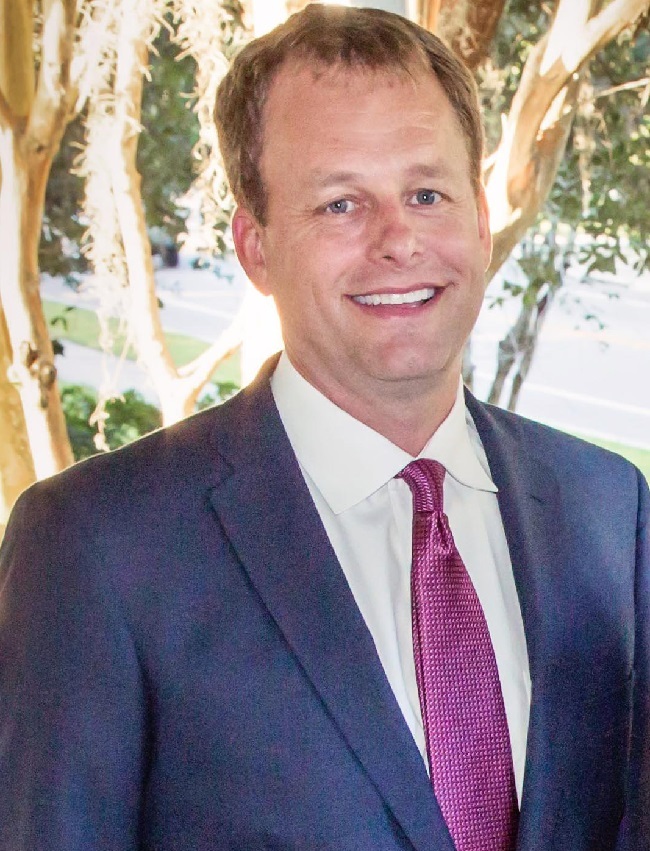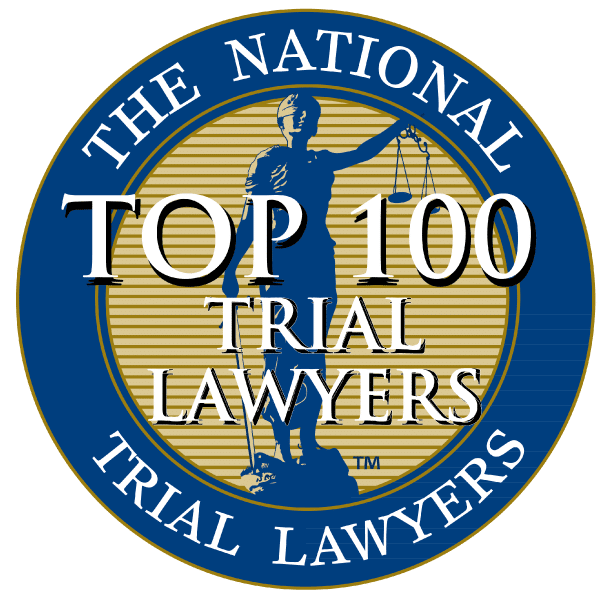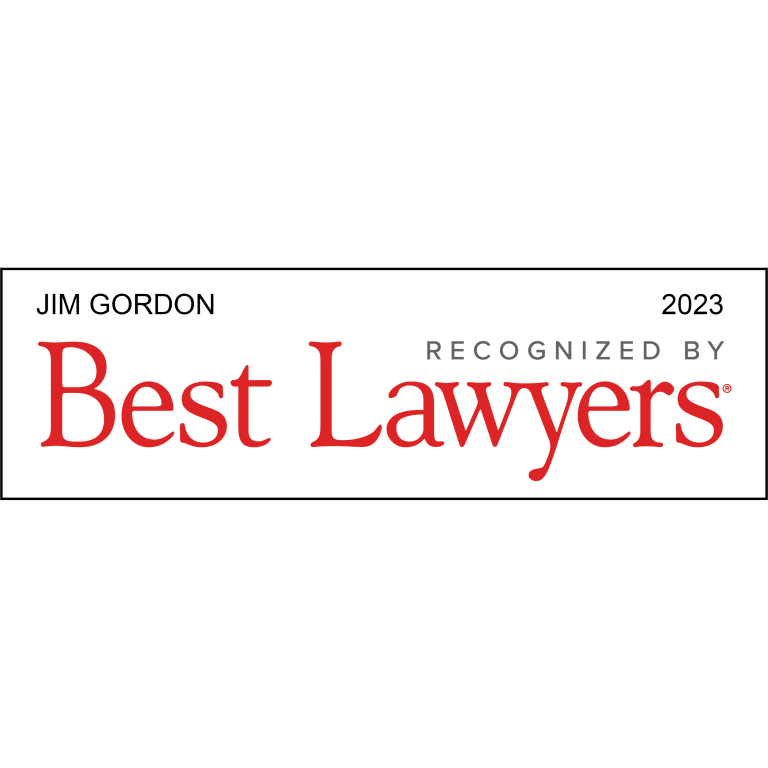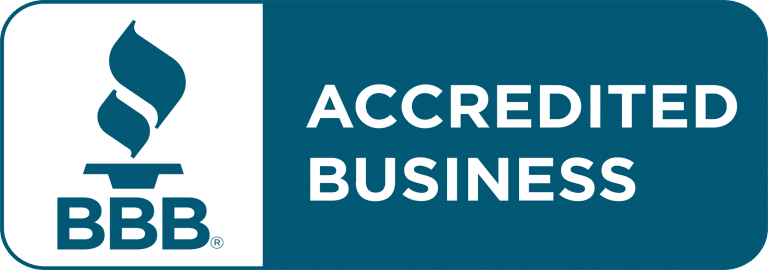What To Do After a Car Accident
Posted on: June 20, 2024
So you were just involved in a crash…what do you do?
Don’t panic! Here’s what to do after a car accident.
As Orlando accident attorneys, we’ve seen our fair share of clients who’ve handled the aftermath of a car accident well and those who’ve made some serious mistakes.
This is unfortunate, because so much of your case can rest on the actions you take immediately after the collision.
Perhaps you’re reading this article in a panic on the side of the road. Or maybe you’re just hoping to be informed for the next time you’re involved in a crash. Either way, here’s what to do after a car accident to make sure you give yourself the best possible chance in your legal case.
1. Assess For Injuries
Before you do anything else, check yourself and any passengers for injuries and call 911 if necessary.
Many people, not knowing what to do after a car accident, may exit the vehicle immediately and start picking up the parts of the car that are littering the road. However, this can make any injuries you have worse.
Don’t get out of the car or move any passengers out of the car until you feel it is safe or unless staying in the car would pose a bigger danger, such as an engine fire.
If your airbags have deployed, there will likely be a flurry of what appears to be smoke inside the car. In all likelihood, this is merely dust from the airbags. If it doesn’t smell like smoke, there’s no need to rush out of the car in a panic.
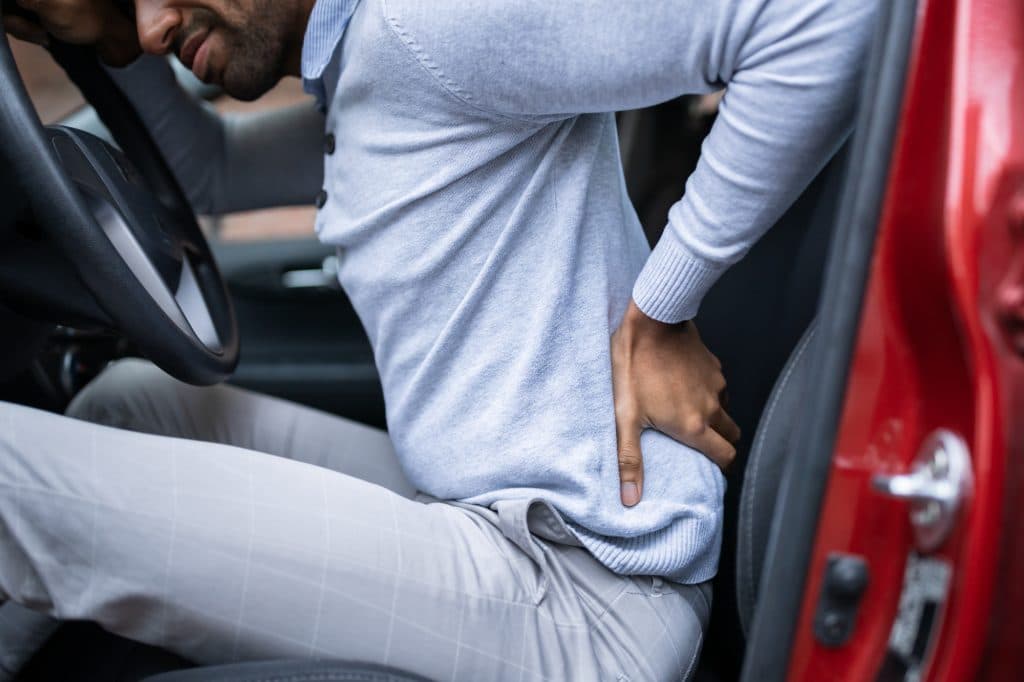
If it is safe to get out of your car, be aware of the surrounding traffic. Do not assume that other drivers will stop because a crash has occurred. Once it is safe to get out of the vehicle, you should check on the driver and any passengers of the other vehicle.
In the aftermath of a car crash, be very careful of the physical movements you make at the scene. After a car crash, most individuals experience a rush of adrenaline that masks their pain. Because they “feel fine,” they may walk around picking up their bumper, helping passengers out of the car, or some other physical action that complicates their injuries.
Remember, even a relatively minor accident can cause conditions such as whiplash and herniated discs. Take it easy until you have seen a doctor.
2. Report the Accident
After everyone’s health status has been checked, you should call the police and report the crash.
Sometimes, individuals are eager to leave the scene quickly and get on with their day. But we have handled cases where the other driver admitted fault at the scene and the parties agree to handle it amicably…only to have the other driver deny being at fault later. And don’t admit to being at fault in the accident, even if you believe you caused the crash.
The accident report from the police not only provides important information about the other vehicle owner, driver, and insurance information, it creates a legal record that memorializes what occurred in the crash. Without a police report, most car accident cases become a “he said/she said” scenario.
If you were involved in a rideshare accident, you will also need to report the accident to the ridesharing company through the app.
3. Collect Information
If you cannot get the police to the scene for whatever reason, we recommend that you exchange information with the other driver(s), including addresses and phone numbers.
If possible, take a photo of the other driver’s license, insurance card, and registration. If the other driver was at fault, you should try to obtain a written and signed statement from them.
Better yet, ask them to be on video identifying themselves and stating what occurred in the crash, including any admission of liability. That way, if the person changes their story later, you have evidence that can be used to assist in your case.
If the other driver leaves the scene, don’t try to chase them down. Instead, try to get a photo of their license plate (or write down the number) so you can report it to the police.
4. Take Pictures of the Scene
Immediately following a car accident is the best time to take pictures of the scene. Accident scene photos will document important information about the vehicles at the time of impact. We have seen cases where the photographs have been the major lynch pin.
If you are injured and cannot do any documentation of the scene, you may want to ask a family member or close friend to come to the scene and assist you.
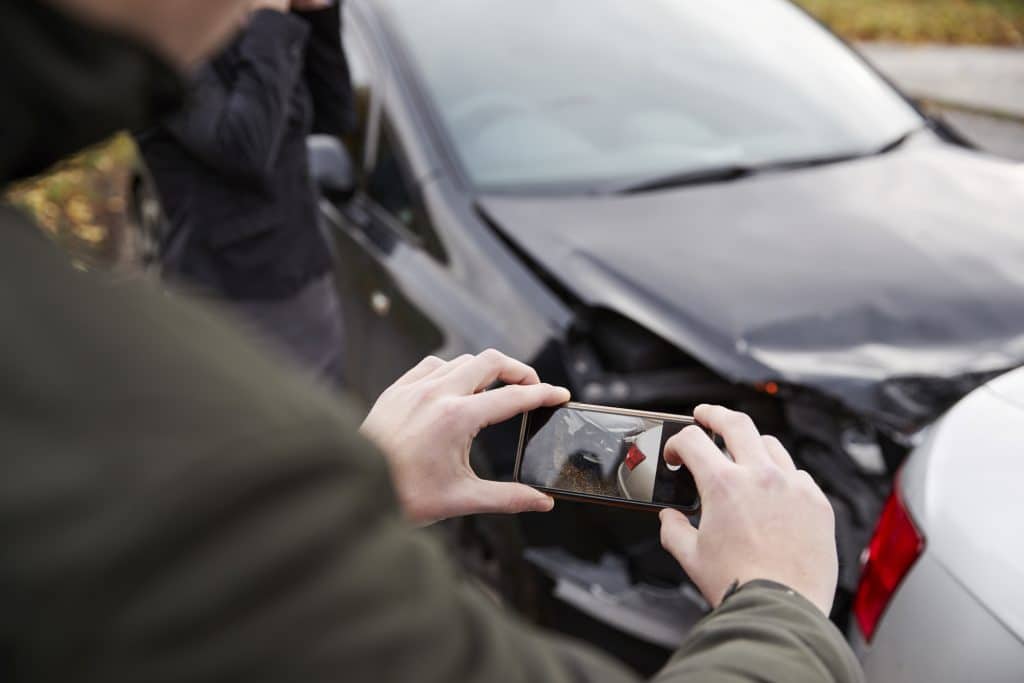
If possible, take photographs of all involved vehicles before they are moved to a different area.
Focus on more than mere property damage as well. If any markings exist in the road, such as skid marks, you should photograph these markings to document them for future use. Skid marks may be important to determine how fact the other vehicle was traveling before the collision.
If any other factor contributed to the crash, get photographic evidence of that contributing factor as well. For example, if someone pulled out in front of you and then claimed that the nearby bushes made it impossible to see into the road, take a photograph of these bushes.
We have seen property owners cut down bushes, trees, and other obstructions before they can be documented by anyone. Then, these property owners deny any defects ever occurred and further claim that the changes in the landscaping were part of “routine and planned maintenance.” Don’t let this happen to you!
5. Identify Witnesses
If there were any witnesses of the accident, it’s a good idea to obtain contact information for them, in case their testimony is required later.
DO NOT rely upon the officer to obtain this information! Clients often insist that there are witnesses who can establish that the other driver was at fault and are surprised that the police report includes contradictory information (or the office failed to speak to the witness entirely).
However, despite all of our investigative efforts, these witnesses are rarely located after the fact and the proof of liability becomes far more difficult.
It’s best to obtain contact information as soon as possible, such as email and/or cell phone number. Witnesses who are kind enough to stay at the scene are doing so because they want to help the parties involved.
And don’t worry about contacting them later. This is your attorney’s job!
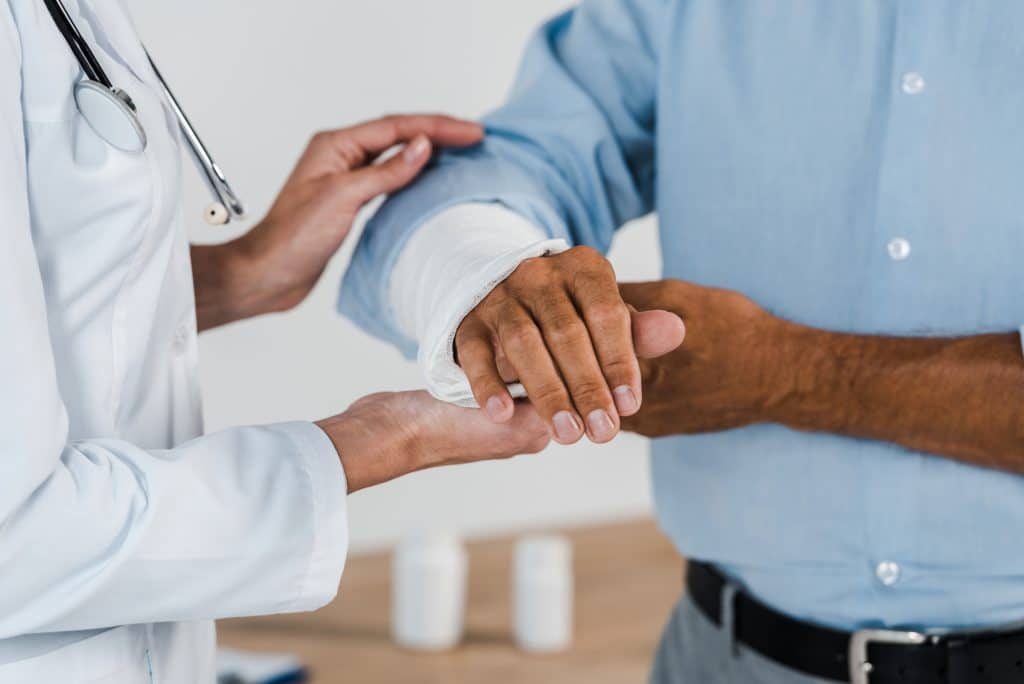
6. Seek Medical Treatment
If you have been in a car accident in Florida, it is vital that you seek medical attention as soon as possible after the crash—even if you don’t think you are injured.
When an accident occurs, it is very common for shock and adrenaline to mask injury symptoms for days or even weeks at a time. However, you must get treatment within 14 days of the accident in order to use the Personal Injury Protection (PIP) benefits on your auto insurance.
If you wait until you have symptoms to get treatment and your insurance company denies your claim, you may have to pay 100% of your medical bills out of your own pocket (or through your health insurance).
7. Call a Car Accident Attorney
Many of our clients come into our office feeling confused, hurt, and even angry in the aftermath of a car accident. However, these feelings aren’t only due to their injuries.
For many accident victims, the worst pain comes from finding out that their insurance company is undervaluing their claim, offering them a fraction of what their car accident expenses are actually worth.
Due to Florida’s No Fault system, many car accident cases end up being against the victim’s own insurance company. However, if your injuries and lost wages exceed the limits of your PIP coverage, you may have to go after the at-fault driver. This requires the experience and guidance of a licensed car accident attorney.
The best part? It costs nothing out of your own pocket!
Conclusion
Not knowing what to do after a car accident can have serious consequences. Not only can you worsen your injuries, you could do real harm to your legal case in the event that a lawsuit becomes necessary.
If you have been involved in a car accident, we hope that you and everyone else involved is okay. But if you have further questions regarding a complicated insurance matter, our experienced attorneys and staff can answer any questions that you may have and direct you in the best manner possible.
Schedule a consultation today to see how we can help you!

